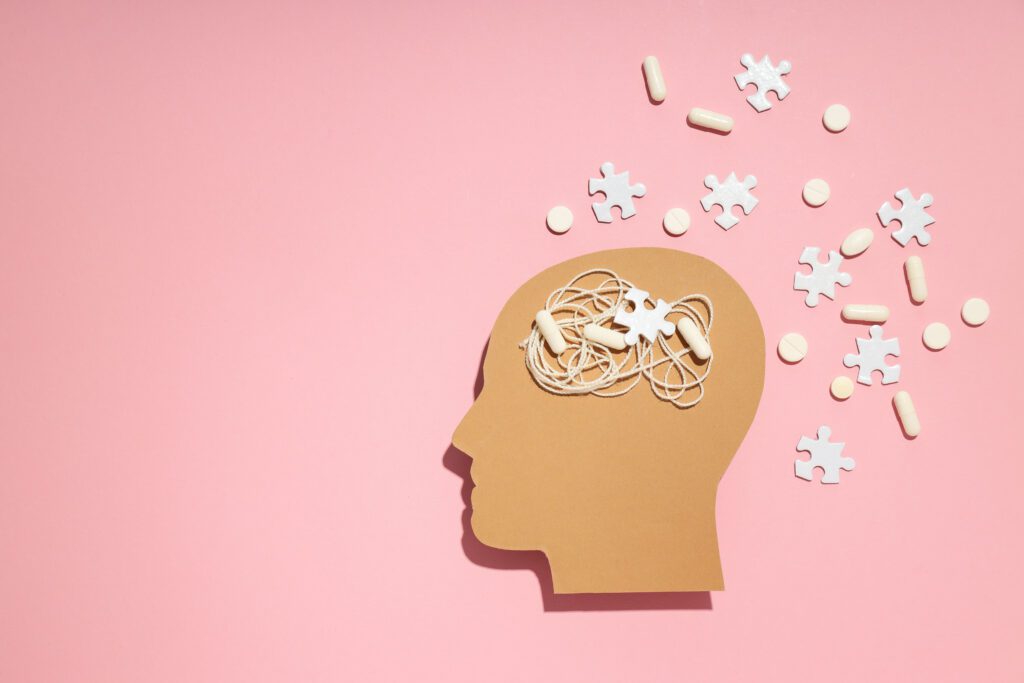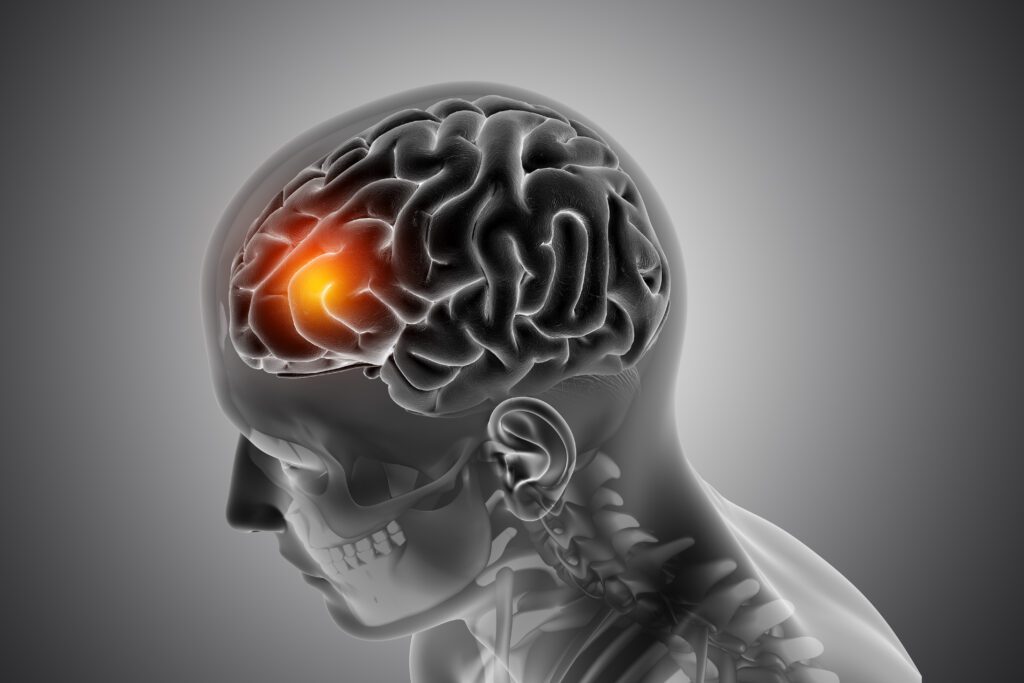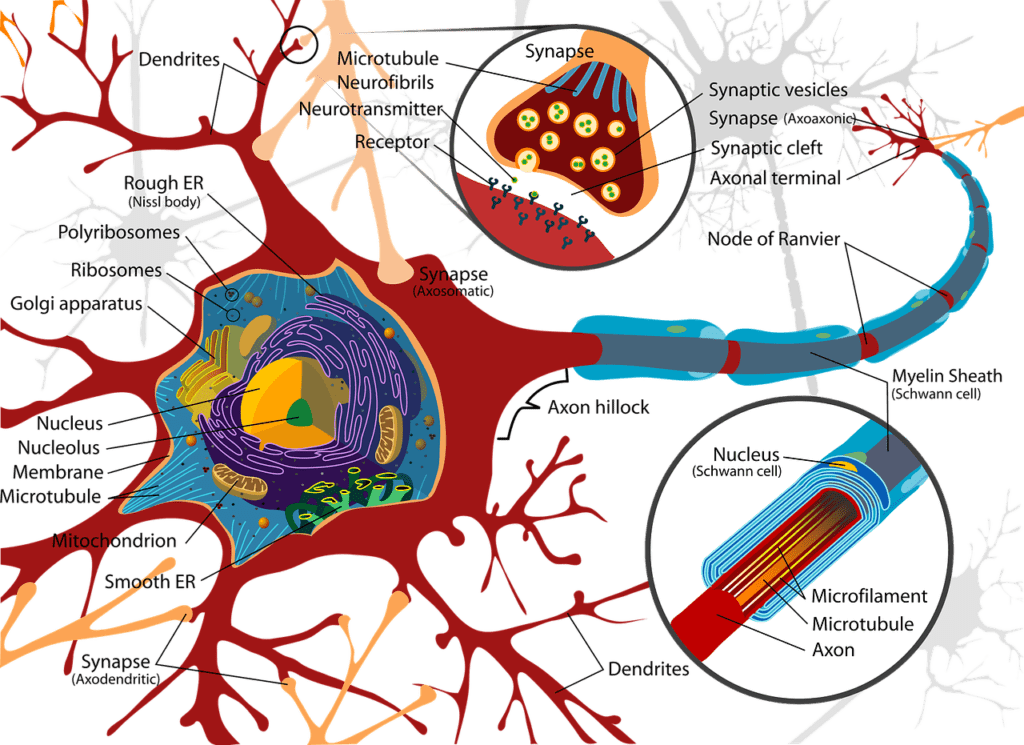Concussions, a form of traumatic brain injury, have a complex impact on the brain’s neurochemistry and function. In this blog post, we delve into the intricate mechanisms involved in concussion, including the disruption of neurotransmitters, the reaction of the nervous system, and the involvement of the vagus nerve.
By understanding these aspects, we can gain insights into the underlying processes and potential treatment approaches for concussion management. To learn more about concussion in general check out this post.

Neurotransmitters and Concussion:
Concussions disrupt the delicate balance of neurotransmitters, which are vital for normal brain function. Here are key neurotransmitters affected by concussion:
- Glutamate: The excessive release of glutamate during a concussion can lead to excitotoxicity, contributing to neuronal damage and dysfunction.
- Gamma-Aminobutyric Acid (GABA): Reduced GABAergic signaling after a concussion can result in increased neural excitability and decreased inhibition.
- Dopamine: Alterations in dopamine transmission can affect movement, motivation, mood, and motor function following a concussion.
- Serotonin: Disruptions in serotonin levels may contribute to mood changes, sleep disturbances, and cognitive symptoms.
- Norepinephrine: Impaired norepinephrine signaling can impact stress response, attention, and alertness.
The Nervous System's Response to Concussion:
The nervous system plays a vital role in concussion and its aftermath. When a concussion occurs, the following processes take place:
- Axonal Dysfunction: Concussions can cause axonal injury and disruption, leading to impaired communication between neurons.
- Inflammatory Response: The immune system activates an inflammatory response in the brain, releasing cytokines and other molecules that contribute to symptoms.
- Energy Metabolism: Concussions can disrupt the brain’s energy metabolism, leading to an energy crisis and cellular dysfunction.
The Vagus Nerve and Concussion:
The vagus nerve, a key component of the parasympathetic nervous system, has been increasingly recognized for its involvement in concussion and its potential influence on recovery. Here’s how the vagus nerve comes into play:
- Autonomic Dysregulation: Concussions can disrupt the balance of the autonomic nervous system, including the vagus nerve, leading to dysregulation of heart rate, blood pressure, and other bodily functions.
- Inflammation and the Cholinergic Anti-inflammatory Pathway: The vagus nerve plays a crucial role in modulating inflammation through the cholinergic anti-inflammatory pathway. By stimulating the vagus nerve, it may be possible to reduce inflammation and promote healing.
Conclusion:
Concussions are complex neurochemical events that impact neurotransmitter function, activate the body’s inflammatory response, and disrupt autonomic nervous system regulation. Understanding these processes, including the involvement of the vagus nerve, can provide insights into potential therapeutic approaches for concussion management.
Remember, early recognition, proper medical evaluation, and appropriate management are crucial for optimizing concussion recovery and ensuring long-term brain health.
Disclaimer: It is essential to consult with a healthcare professional for a comprehensive evaluation and personalized treatment plan if you suspect a concussion or experience concussion-related symptoms.
Note: This blog post provides educational information and is not a substitute for professional medical advice.



